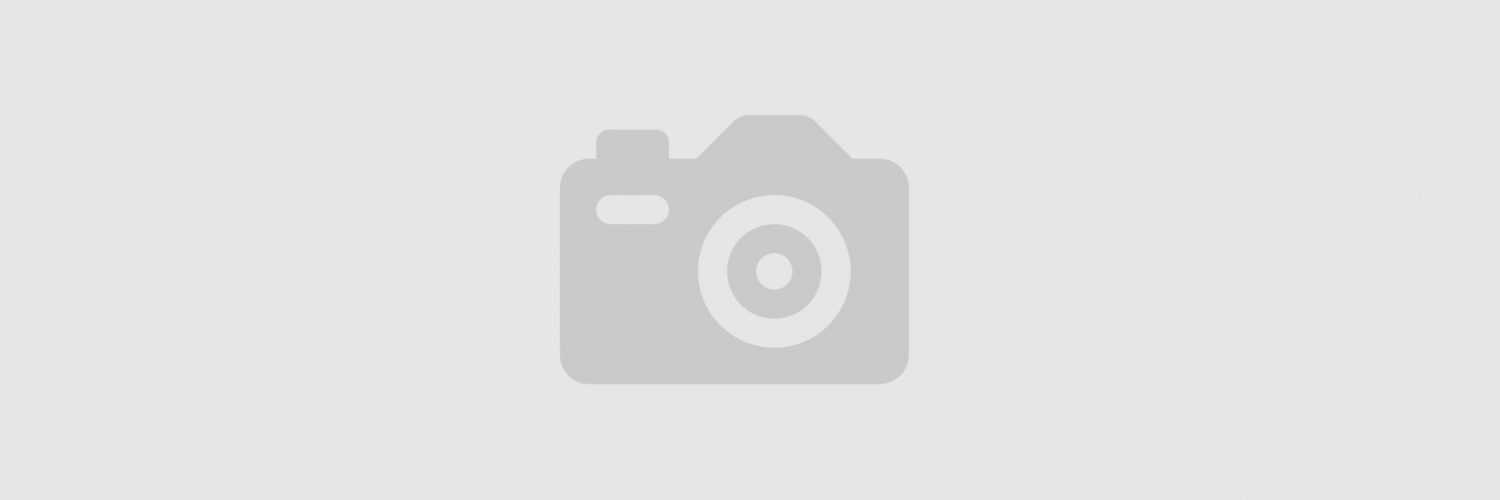VATICAN CITY (RNS) — Donald Trump might not be president yet, but world leaders have been preparing for his second term, including the head of the world’s 1.3 billion Catholics, Pope Francis.
On the notoriously significant date of Jan. 6, the Vatican announced Cardinal Robert McElroy, 70, the current bishop of San Diego and a critic of Trump, would be taking on the role of archbishop of the Diocese of Washington, D.C., replacing Cardinal Wilton Gregory, who had surpassed the retirement age of 75 by two years.
The decision struck many Vatican observers as an odd choice for an institution that usually tries to select conciliatory bishops for key positions. McElroy, a San Diego native who has spoken openly in favor of migrants, the inclusion of marginalized groups in the church and society, and the overall need to reform the way the Catholic Church engages with politics, doesn’t come off as the kind of leader who can persuade the Trump administration to consider the Vatican’s positions.
During a speech to more than 700 Catholic leaders of popular movements in 2017, mere months into the first Trump presidency, McElroy urged faithful to oppose aspects of the administration’s policies. “President Trump was the candidate of disruption. He was the disrupter,” he said, “Well, now we must all become disrupters.”
While tapping McElroy might constitute a risk, “there is no doubt that with this choice Pope Francis wants to give voice to the resistance against Trump,” said Massimo Faggioli, a professor of theology and religious studies at Villanova University, in an interview with RNS.
McElroy’s appointment came only a couple weeks after Trump announced he had selected Brian Burch, who helped mobilize the Catholic vote to support Trump’s 2024 campaign, to represent the U.S. at the Holy See. Initially a Trump skeptic, Burch has become an influential voice in the Catholic circles that contributed to Trump’s success, and he has spoken critically about Francis in regard to the blessing of same-sex couples and the pope’s support for progressive causes.

“That appointment was kind of a provocation,” Faggioli explained, echoing the sentiment of other Vatican experts about the recent sparring between Trump and the Vatican. For Massimo Borghesi, a political philosopher and author of the 2022 book “Catholic Discordance: Neoconservatism vs. the Field Hospital Church of Pope Francis,” the recent appointments made by the Vatican and Trump “certainly don’t point to an easing of relations.”
The last time Trump was president, Francis was outspoken in criticizing the real estate magnate’s bid for the White House. In 2017, the pope seemed to suggest Trump was “not Christian,” in a speech urging world leaders to “build bridges and not walls.”
Catholic conservatives in the U.S., such as Archbishop Carlo Maria Viganò, a former Vatican representative to the U.S., openly accused the pope of being a heretic and praised Trump as a defender of the faith. Trump adviser Steve Bannon attempted to create a monastery near Rome to prepare the next generation of Catholic conservatives, and former Secretary of State Mike Pompeo traveled to the Vatican to condemn the pope’s provisional agreement with China on the appointment of bishops, saying it undermined the church’s moral authority.
But a lot has changed over the past 10 years.
Pope Francis strengthened his position in the U.S. by excommunicating Viganò for schism in July of last year and stripped other vocal critics among the U.S. clergy of their privileges and positions. Meanwhile, Trump decided not to call on Pompeo for his second term, and the role that Bannon will play in the next four years, after his recent release from prison for contempt of court, remains unknown.
Unlike 2016, when Francis was at the peak of his popularity and surrounded by world leaders who were in open opposition to Trump, the pope is now 88 and an increasingly isolated voice in his appeals to promote migrants and peace in the world.
According to an exit poll by The Associated Press VoteCast, 52% of U.S. Catholics voted for Trump in the last election. “The ideas of the current pope don’t coincide with the ideas of the majority of Catholics in the U.S. or even Latin American Catholics in the U.S. with regards to migration,” said Robert Gorelick, a former CIA operative in Italy and founder of the risk advisory company Globintech, on Thursday (Jan. 16).
“The church in America agrees more with Trump than with Pope Francis,” Gorelick said during a conference at the Center for American Studies in Rome to promote the book “The Throne and the Altar,” by Italian journalist Maria Antonietta Calabrò, on the recent Vatican financial scandals and how the relations between the U.S. and the Holy See have developed under Pope Francis.
“In the Vatican, they know Trump 2.0 might be very different from Trump 1.0 in ways that are not clear, but I don’t think it will be the same script,” Faggioli said.
The Catholics surrounding Trump’s second term are best represented by his vice president, JD Vance, who converted to Catholicism and embraced family-oriented and conservative policies, echoing a general trend of young U.S. Catholic men shifting rightward.
“This is a new game and it’s hard to find a profile of a moderator who can convince Trump and Vance to treat them with the respect they think they deserve,” Faggioli said. But the diminishing access of the Vatican in the White House predates the Trump administration. The partnership between Pope John Paul II and President Ronald Reagan to combat communism belongs to the past, and the powerful alliance between President George W. Bush and the neoconservative movement in the U.S. has dwindled. Even with President Joe Biden, the second Catholic U.S. president, after John F. Kennedy, Vatican-U.S. relations did not strengthen.
“The relationship wasn’t adversarial, but it wasn’t fruitful either,” Borghesi said, adding that on many issues — such as the war in Ukraine, the conflict in Gaza and abortion — “Biden disappointed Rome.”
If having access to the White House has become increasingly difficult for the church, the appointment of McElroy takes on greater significance. “He’s the ideal candidate to be in the nation’s capital and be Pope Francis’ voice there,” Faggioli said. “McElroy is a player for this kind of new game,” he added.
McElroy’s dissertation for his doctorate at Stanford focused on the morality of U.S. foreign policy, and unlike those who occupy diplomatic posts for the Holy See, bishops are allowed to speak freely, Faggioli explained. The Vatican might hope McElroy, who is sanctioned by the highest authority in the church, will be able to effectively promote the Vatican’s hope for peace in Ukraine and in the Middle East, he added.
Pope Francis made McElroy a cardinal in 2022 and selected him to participate in the recent Vatican summit to reform church structures, the Synod on Synodality, in October 2024.
“I don’t see how the Vatican can have any influence in the U.S.’ foreign policy,” Gorelick said, but he offered that the pope still has some sway when it comes to moral issues such as migration and the environment.
The day after the announcement of his appointment, McElroy took a nonconfrontational approach, stating that he “pray(s) that President Trump’s administration and all of those state and local legislators and governors across the whole of the country will work together to make our nation truly better and to talk through the major issues that we face.”
According to Faggioli, “even Pope Francis was less sanguine this time about saying something undiplomatic on the election,” adding that the Vatican has understood the recent election shows “what America has become, and that’s why he avoided sending a clear message about how worried they are about Donald Trump.”
The U.S. Conference of Catholic Bishops has had a “complicated” relationship with Pope Francis, at times clashing over financial and doctrinal issues. McElroy’s attempts to shift the bishops away from focusing solely on anti-abortion issues, enshrined in his 2023 opinion article for the Jesuit-run America magazine, was opposed by some members of the U.S. episcopacy.
The archbishop of New York, Cardinal Timothy Dolan, who will turn 75 next month, will lead the opening prayer at Trump’s inauguration ceremony Monday.
There are several bishops in the U.S. who were appointed by the pope and support his vision, and as more and more bishops reach retirement age in key U.S. dioceses, it will be interesting to see how Francis will strengthen his voice across the Atlantic Ocean.
Like many others, the Vatican has opted for a wait-and-see approach, holding its judgment until Trump is officially installed as president. But in the meantime, Pope Francis has already started placing his pieces on the chessboard.








